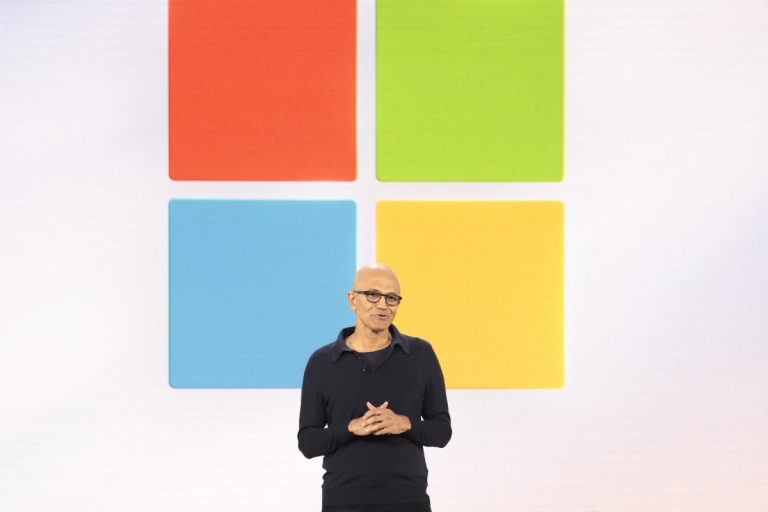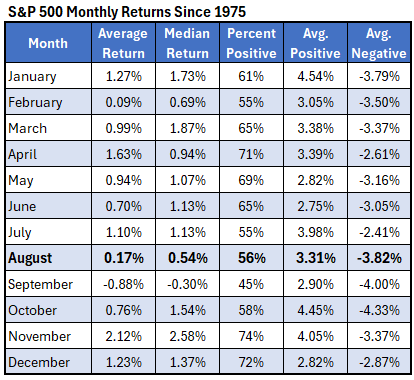What are mutual funds?
A mutual fund is essentially a pool of money collected from multiple investors, which is then invested in a diversified set of assets—such as stocks, bonds, or a mix of both—by a professional fund manager. Instead of buying shares of individual companies on your own research, one can invest in a fund that owns a portfolio of them. It’s like taking part in a group project where an expert handles the work, and you share in the results. The key advantage is that the investment gets diversified, which means the risk is spread across multiple companies or sectors instead of being tied to the performance of just one.
Also Read | ITC and BSE among stocks that mutual fund bought and sold in May
Why mutual funds make sense for Gen-Z
For Gen-Z investors—many of whom are earning their first salaries or starting small side hustles—mutual funds offer a low barrier to entry. One can start investing with as little as Rs 100 through Systematic Investment Plans (SIPs), which makes it easy to get into the habit of investing regularly. Mutual funds are managed by trained professionals who track the markets, research opportunities, and adjust the fund’s portfolio as needed—saving the investor from the pressure of having to be an expert.
Another major advantage is diversification. By investing in a mutual fund, the money is automatically spread across different assets, reducing the impact of poor performance from any one stock or sector.
Mutual funds are also liquid, which means one can redeem their investments easily if they need money (unless the fund has a lock-in period, like ELSS). They’re also a great option for goal-based investing—whether you’re saving for travel, a new gadget, higher education, or your first car.
Different types of mutual funds one can choose
Mutual funds come in various forms, each serving a different investment need or risk profile.
Equity funds invest primarily in shares of companies and are ideal for long-term wealth creation, although they carry higher risk.
Debt funds invest in government securities, bonds, and other fixed-income instruments and offer more stable but lower returns.
Hybrid funds combine equity and debt, striking a balance between growth and safety.
If you prefer low-cost, passive investing, index funds mirror the performance of a market index like Nifty 50 or Sensex. These are great for beginners who don’t want to actively manage their portfolio.
Another important category is ELSS (Equity Linked Savings Scheme), which not only gives you market exposure but also offers tax benefits under Section 80C of the Income Tax Act.
Tips for Gen-Z to make the most of mutual funds
Starting early is the single most powerful decision one can make as an investor. Even small amounts invested consistently through SIPs can grow significantly over time, thanks to the power of compounding.
Mutual funds allow the investor to build that discipline without needing large lumpsums. However, it’s important to invest based on one’s own financial goals, risk appetite, and time horizon. Avoid following tips or trends blindly on social media. What worked for someone else may not work for you.
It’s also smart to track the investments periodically—once or twice a year is usually enough—to make sure they align with your goals. Don’t panic when markets are down; mutual funds are designed for long-term investing. Focus on consistency rather than quick returns, and be patient with the investment portfolio.
Things to keep in mind before investing
While mutual funds are beginner-friendly, there are still a few details worth understanding. Look out for the expense ratio, which is the fee charged by the fund house to manage your investment. Lower ratios usually mean more of your money stays invested.
Also, some funds charge an exit load if you withdraw your investment within a specific period—so read the scheme documents carefully to know the exit load charged along with the period.
Always compare a fund’s performance against its benchmark rather than just looking at past returns, and remember that past performance doesn’t guarantee future results.
How to get started
Getting started with mutual funds is easier than ever. One can invest directly through the websites of Asset Management Companies (AMCs), which often offer lower-cost “direct” plans.
Alternatively, one can use different investment platforms for a more guided experience. Some platforms also offer goal-based planning tools to help one choose the right type of fund based on investment horizon, goals, and risk appetite.
Mutual funds are one of the smartest and most convenient ways for Gen-Z to build long-term wealth. With minimal capital, professional management, and access to a wide range of investment options, they make financial growth achievable for everyone. Whether you’re saving for short-term goals or laying the foundation for financial independence, mutual funds can be a powerful part of your journey. Start early, stay consistent, and let your money work for you.








